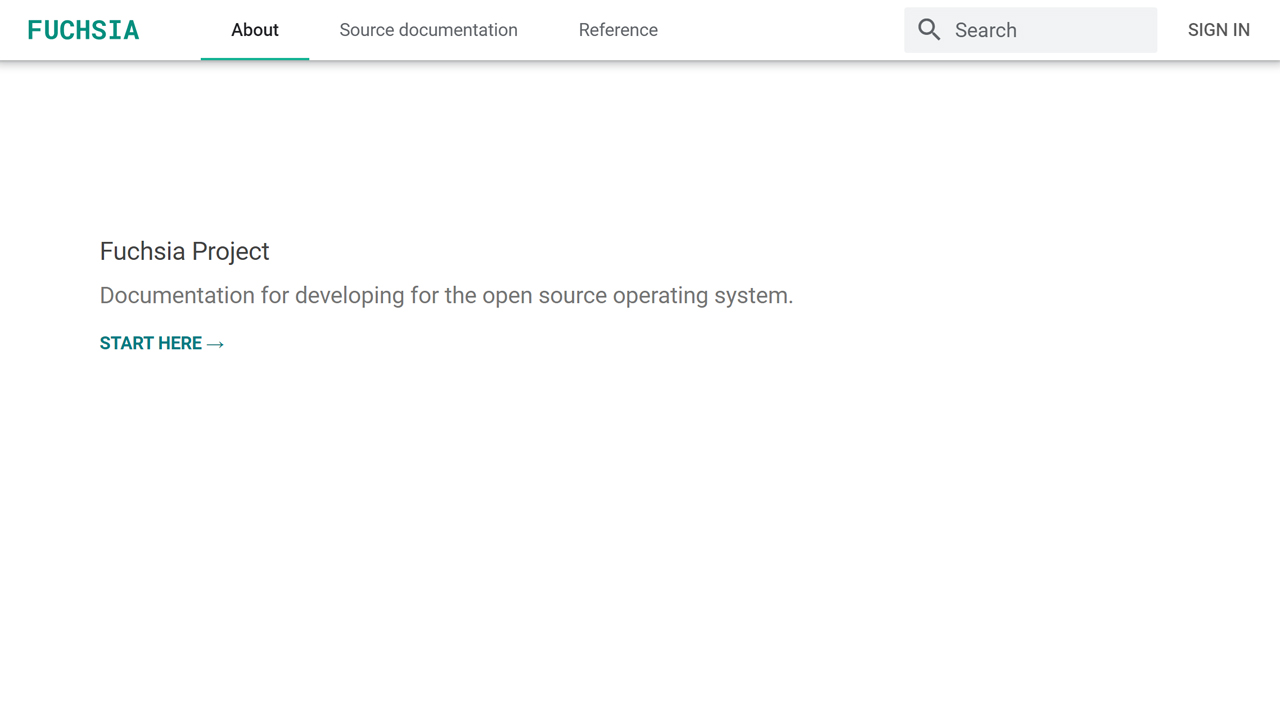Google’s Fuchsia Developer Website Quietly Goes Live
- Paul Thurrott
- Jun 30, 2019
-
16

Though the firm rarely comments on it publicly, Google is known to be plotting an Android and Chrome OS replacement codenamed Fuchsia. And this weekend, the search giant inched closer to publicly acknowledging those plans when its Fuchsia developer website quietly opened for business.
Fuchsia is an “open source operating system,” the website notes. “Fuchsia is not Linux,” a part of the site dedicated to system documentation furthers. “[It is] a modular, capability-based operating system.”
Windows Intelligence In Your Inbox
Sign up for our new free newsletter to get three time-saving tips each Friday — and get free copies of Paul Thurrott's Windows 11 and Windows 10 Field Guides (normally $9.99) as a special welcome gift!
"*" indicates required fields
Fuchsia is widely believed to be a Windows NT-style do-over for Google, a way to separate itself fully from technologies like Linux and Java that it did not create. Among the details available now on its developer website is that Fucshia is powered by a microkernel called Zircon that is written mostly in C++. Google separated Fuchsia’s file system support from the kernel, which will make it easy to modernize and replace file systems as needed. And the graphics composition engine appears to be designed specifically for Flutter, the UI framework that originally targeted both Android and iOS (and is now evolving to support Windows, Mac, and Chrome OS).
There are probably a few other tidbits in there, but the Fuchsia developer site is, at the moment, a bit on the sparse side, and there are lots of content areas that haven’t yet been built out. Including, most importantly, some official statement on what Fuchsia means to Google and its current platforms and what its plans are for the future.
I’m curious to see how this develops and when/who Google will come clean about what it’s really doing here.
Tagged with
Conversation 16 comments
-
skane2600
<blockquote><em><a href="#438827">In reply to longhorn:</a></em></blockquote><p>Had Linus used the BSD license instead of the GPL, this wouldn't be a problem.</p>
-
skane2600
<p>They need to provide a development environment that isn't "eclipse-esk" and isn't implemented in Java. That's baggage they don't need.</p>
-
skane2600
<blockquote><em><a href="#438981">In reply to Bill_Russell:</a></em></blockquote><p>In my experience all the Java-based IDEs are slow and unreliable. Android studio still has a labyrinth install process and the standard install doesn't even successfully build their most primitive examples (I haven't tried it for a while, perhaps they've fixed it). I imagine most Android developers have just "sucked it up" but Google shouldn't be leaning on developers' "manliness". </p>